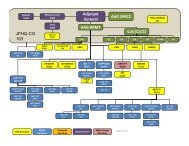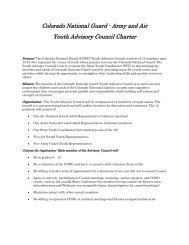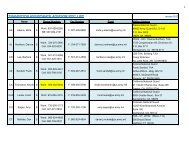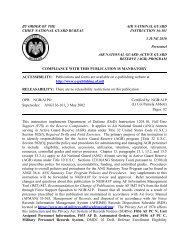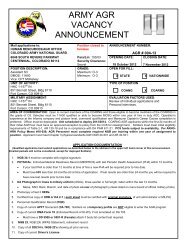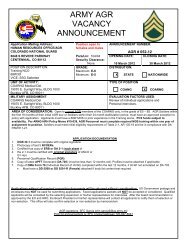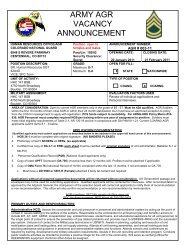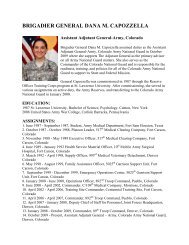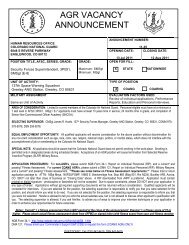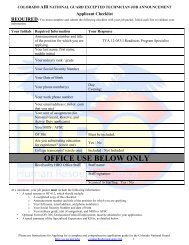Prosecuting Alcohol-Facilitated Sexual Assault - National District ...
Prosecuting Alcohol-Facilitated Sexual Assault - National District ...
Prosecuting Alcohol-Facilitated Sexual Assault - National District ...
Create successful ePaper yourself
Turn your PDF publications into a flip-book with our unique Google optimized e-Paper software.
THREE-STEP PROCESS<br />
intoxication.The prosecutor can call a toxicologist or pharmacologist<br />
who is familiar with the science of intoxication. In addition or in the<br />
alternative, the prosecutor can call someone who is familiar with intoxicated<br />
people, such as a police officer, an emergency doctor, or a SANE.<br />
For sample questions that can be used to introduce expert testimony on intoxication,<br />
see Appendix B.<br />
Cross-Examination of the Defendant<br />
Jurors may think of AFSA cases as “he said/she said” cases.The defendant is<br />
one-half of that equation; therefore, it is important to cross-examine him<br />
well. Cross must be carefully planned. Prosecutors must anticipate the<br />
defendant’s possible testimony and prepare various questions. In doing so,<br />
prosecutors can accomplish the purpose of cross by making points that can<br />
be used in closing to support the prosecution’s theory of the case.The prosecutor<br />
should begin with the theme and theory of the case in mind, then<br />
articulate points that will be made in closing. Finally, the prosecutor should<br />
think of questions that can be used to make the points.The diagram below<br />
illustrates this technique.<br />
For a sample cross-examination worksheet, see Appendix C.<br />
NDAA<br />
C R OSS-EXAMINATION P R OCEDURE<br />
Theme & Theory<br />
Point Point<br />
? ? ? ? ? ?<br />
31




